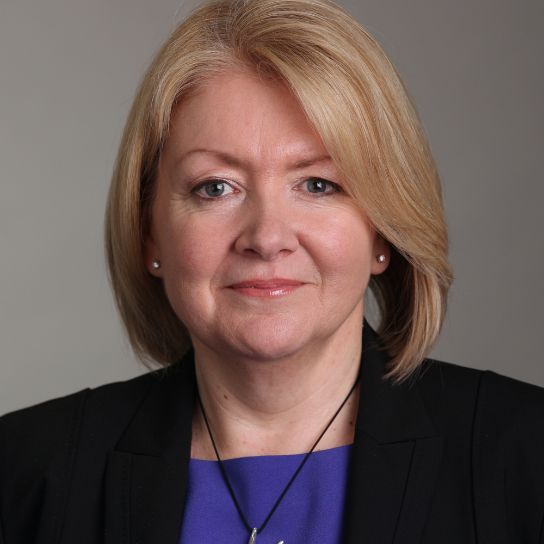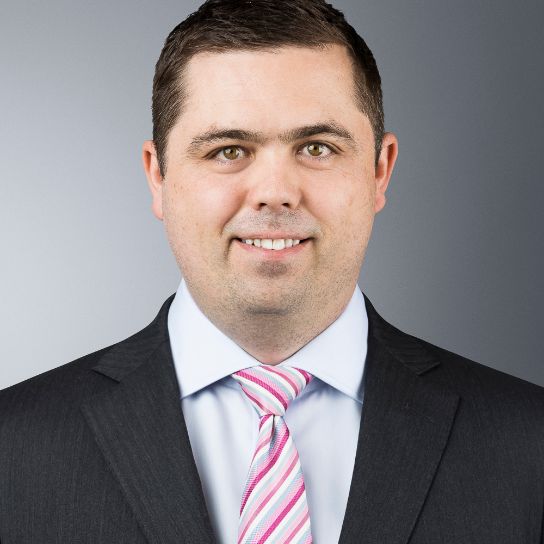Global law firm Herbert Smith Freehills has called for greater gender diversity in Australian arbitration following the release of a report that shows a wide gender disparity amongst Australian arbitrators.
The call comes as the Australian Centre for International Commercial Arbitration (ACICA) and FTI Consulting release their 2020 Australian Arbitration Report. The report shows that arbitration, typically concentrated in the construction, infrastructure, mining and resources sectors, is thriving and rapidly diversifying into other sectors as corporations turn to arbitration as a means of solving disputes.
Brenda Horrigan, Herbert Smith Freehills’ Head of International Arbitration Australia and President of ACICA, said that as arbitration increases in popularity as a pathway to dispute resolution, it is more important than ever for participants in the process to encourage international best practice.
“Arbitration in Australia is thriving, and we are seeing Australian corporates increasingly turn to arbitration as their preferred method of dispute resolution,” Ms Horrigan said.
“It is wonderful to see the growth of arbitration in Australia, but our report also demonstrates there’s work to be done, particularly in terms of gender diversity.
Herbert Smith Freehills Global Head of Arbitration, Paula Hodges QC, who is also President of the London Court of International Arbitration (LCIA), said the firm was working hard to improve diversity in arbitration with promising results over recent years and the LCIA was leading the market in its push for greater gender equality in arbitral appointments.
“In the context of gender diversity in arbitrator appointments, all jurisdictions have some way to go. We at Herbert Smith Freehills are working hard to forge a path in that regard,” Ms Hodges said.
“For example, we are a signatory to the Equal Representation in Arbitration Pledge, with Brenda Horrigan and Asia Managing Partner May Tai on the steering committee. I am proud that our firm is taking a leading role in terms of driving these initiatives forward.”
Of those in Herbert Smith Freehills international arbitration group who are currently sitting as arbitrator, nearly 55% are women, while more than 26% of all of the firm’s arbitrator appointments made globally were women, including party appointments, sole arbitrator appointments (by agreement of the parties) and chair appointments (by agreement of the parties).
29% of the firm’s 52 arbitration partners are female.
Respondents to the ACICA and FTI survey felt that efficiency in Australian domestic arbitration is being stifled by judicialisation. Survey respondents overwhelmingly felt that domestic arbitration was run too much like domestic litigation, often driven by the involvement of practitioners without relevant arbitration expertise.
Herbert Smith Freehills partner Chad Catterwell said the firm was in a strong position to address that challenge.
“We are able to leverage the experience of our global network of arbitration experts to enhance the use of international best practice in Australia-related arbitrations and to help encourage the Australian market to focus on this issue,” Mr Catterwell said.
“Our practitioners have strong international experience and they understand the need for a difference in approach between litigation and arbitration. That means we can make the process work better for our clients.”


